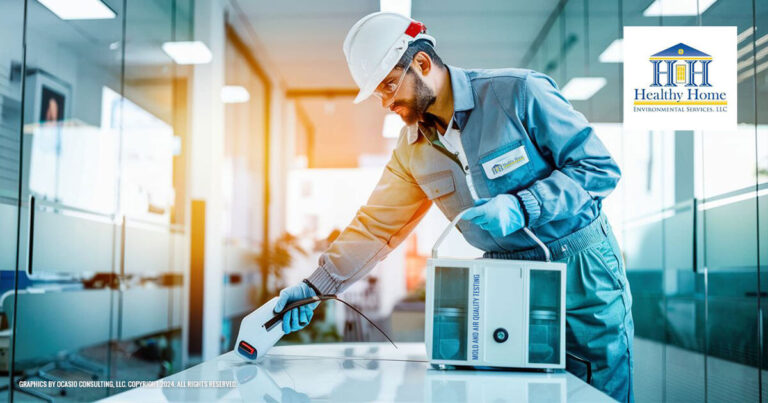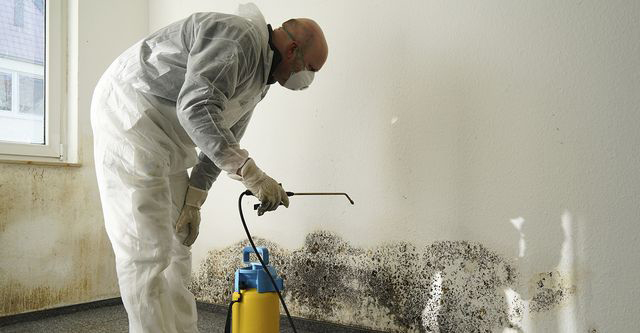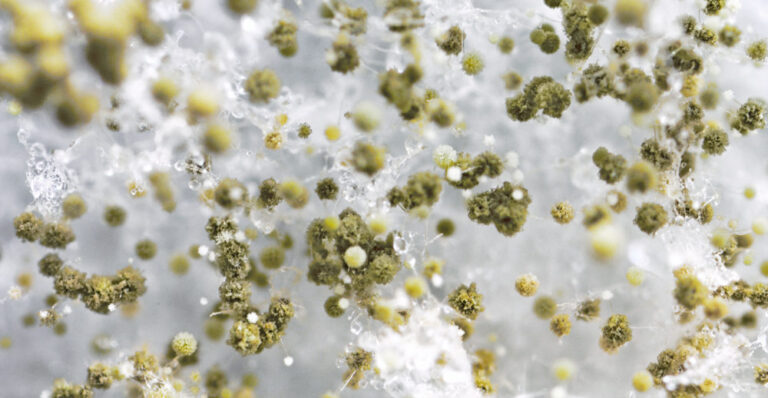Breathe Clean: How HEPA Filters Can Help Improve Indoor Air Quality and Prevent Mold Growth
HEPA filters are often mentioned when it comes to improving indoor air quality, and for good reason. These filters are known for their ability to remove small particles from the air, making them effective in reducing the presence of allergens, dust, and other pollutants.
But did you know that HEPA filters can also help fight mold?
In this article, we’ll explore what a HEPA filter is, what mold is, and how HEPA filters can aid in mold remediation.

What is a HEPA filter?
A HEPA (High-Efficiency Particulate Air) filter is a type of air filter that can trap 99.97% of particles that are 0.3 microns or larger.
This includes dust, pollen, pet dander, and other allergens. HEPA filters are commonly used in HVAC systems, air purifiers, and vacuum cleaners.
There are different types of HEPA filters, including True HEPA filters and HEPA-type filters. True HEPA filters meet strict standards set by the U.S. Department of Energy, while HEPA-type filters are less efficient and can only capture particles down to 2 microns in size.
HEPA filters work by forcing air through a dense mat of randomly arranged fibers. This causes the particles in the air to become trapped in the fibers, which are too small for the particles to pass through.
HEPA filters can also remove odor and some types of volatile organic compounds (VOCs) from the air.
What is mold?
Mold is a type of fungus that can grow in damp environments. Mold spores can be found both indoors and outdoors, and can easily spread through the air. Mold can cause health problems, including respiratory issues, allergies, and asthma.
Mold needs moisture to grow, and can thrive in areas with high humidity levels or water damage. Common places where mold can grow include bathrooms, kitchens, basements, and areas affected by floods or leaks.
How does a HEPA filter help fight mold?
HEPA filters can help fight mold by capturing mold spores in the air. Mold spores are too small to be seen with the naked eye, but can easily travel through the air and settle on surfaces, where they can grow and multiply.
HEPA filters are effective in removing mold spores from the air because the filters are designed to capture particles that are as small as 0.3 microns.
This means that mold spores, which range in size from 1 to 20 microns, are easily trapped by HEPA filters.
In addition to capturing mold spores, HEPA filters can also remove other particles from the air that can contribute to mold growth. This includes dust, pollen, and other allergens that can create an environment that is conducive to mold growth.
By removing these particles from the air, HEPA filters can help prevent the growth and spread of mold.
HEPA filters can also help prevent mold from returning after it has been removed. This is because mold spores can easily become airborne during mold remediation, and without the use of a HEPA filter, these spores can settle on other surfaces and start to grow again.
Using a HEPA filter during mold remediation, you can ensure that any mold spores in the air are captured and removed, preventing the mold from returning.
Finally, regular maintenance of HEPA filters can help prevent mold growth. HEPA filters should be replaced according to the manufacturer’s instructions, and should be checked regularly to ensure that they are not clogged or damaged.
Keeping your HEPA filter clean and functioning properly, you can ensure that it is effective in capturing mold spores and preventing mold growth.
Choosing the right HEPA filter for mold removal
When choosing a HEPA filter for mold removal, there are several factors to consider. First, you should look for a True HEPA filter, as these filters are more efficient in capturing small particles like mold spores.
You should also consider the size of the filter, as larger filters are able to capture more particles and may need to be replaced less frequently.
It’s also important to choose a HEPA filter that is compatible with your HVAC system, air purifier, or vacuum cleaner. Not all HEPA filters are compatible with all systems, so be sure to check the manufacturer’s recommendations before making a purchase.
Some recommended HEPA filters for mold removal include the Honeywell True HEPA Allergen Remover, the Coway Airmega 400 Smart Air Purifier, and the Dyson Pure Hot + Cool Air Purifier.
Conclusion
In conclusion, HEPA filters can be a powerful tool in fighting mold. By capturing mold spores and other particles from the air, HEPA filters can help prevent mold growth and spread.
When choosing a HEPA filter for mold remediation, be sure to consider factors such as filter type, size, and compatibility with your system. Regular maintenance of your HEPA filter can also help prevent mold growth and ensure that the filter is functioning properly.
Be sure to consult your local certified mold inspector for alternate ways to help fight mold.
FAQs
What other measures can I take to prevent mold growth?
• Keep indoor humidity levels below 60%
• Fix leaks and water damage promptly
• Use exhaust fans in bathrooms and kitchens
• Clean and dry surfaces regularly
Can HEPA filters completely eliminate mold spores?
While HEPA filters can capture the majority of mold spores, they cannot guarantee complete elimination. It’s important to address the source of the mold and use other remediation techniques in conjunction with HEPA filters.
Can I reuse HEPA filters after mold removal?
It depends on the manufacturer’s instructions. Some HEPA filters are designed to be reusable, while others must be replaced after use.
How often should I replace my HEPA filter when fighting mold?
This depends on the manufacturer’s instructions and the size of the filter. Generally, HEPA filters should be replaced every 6-12 months.
Are there any health risks associated with HEPA filters?
d do not produce harmful byproducts. However, some people with respiratory issues may be sensitive to the increased air flow that can be caused by HEPA filters. If you have any concerns about using a HEPA filter, you should consult with an Indoor air quality testing professional.






